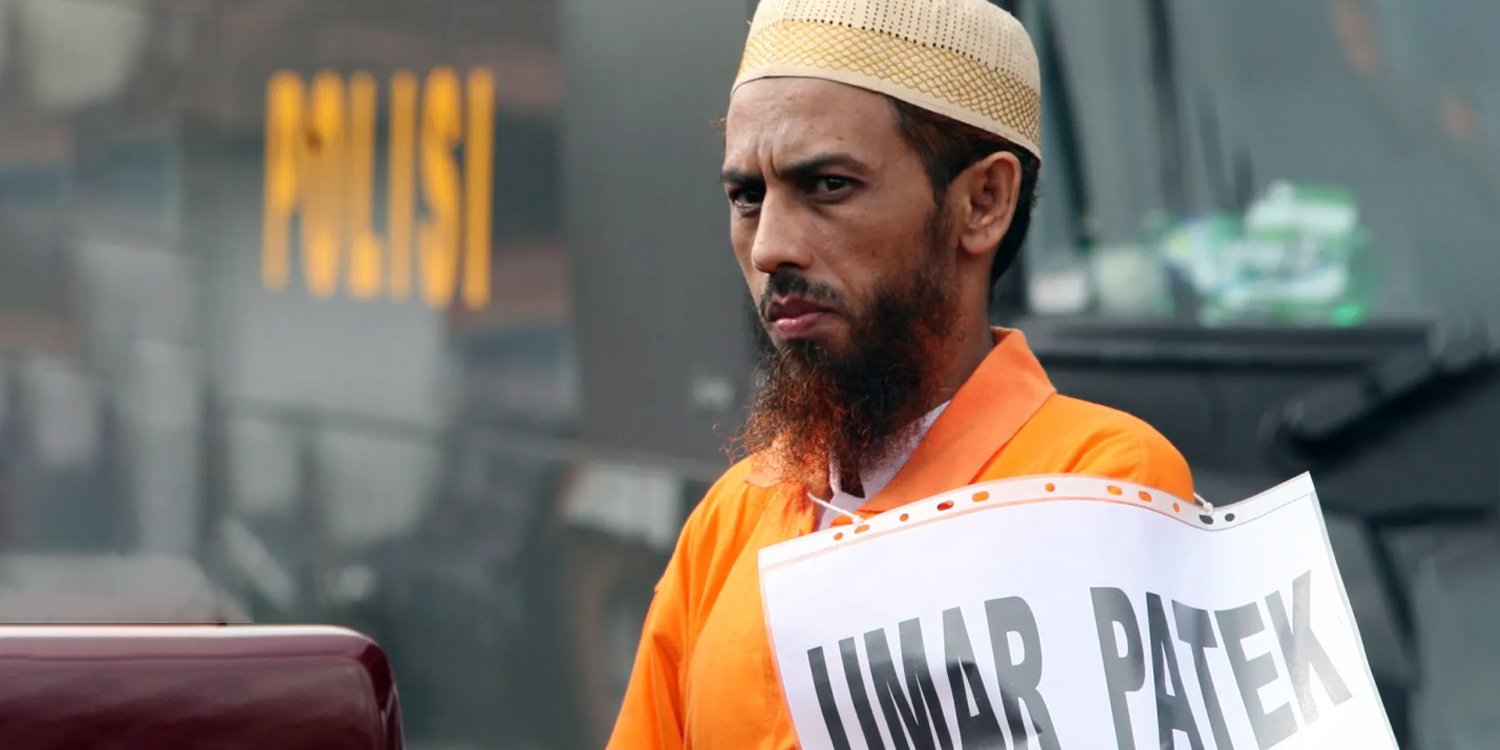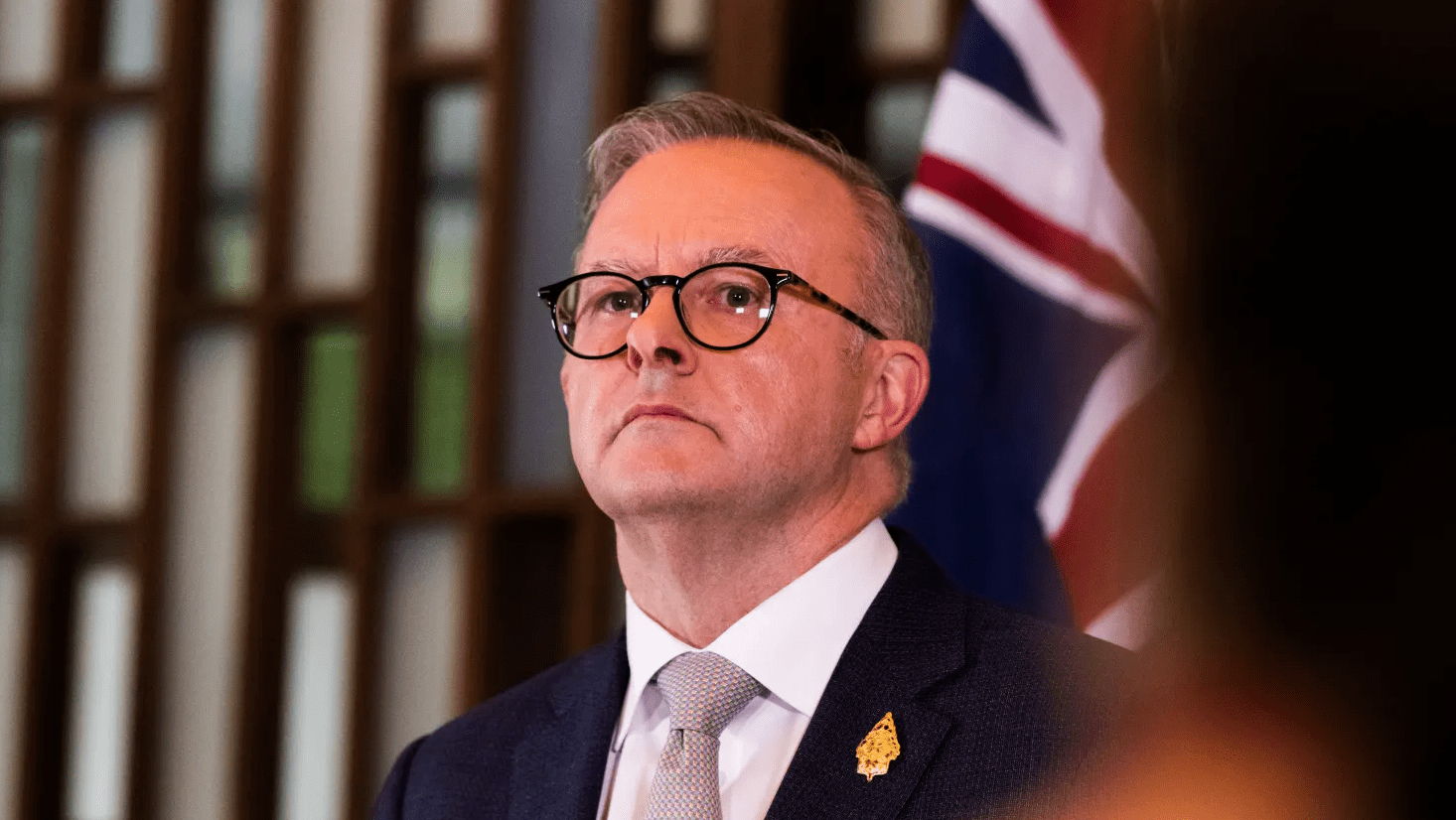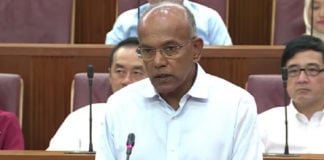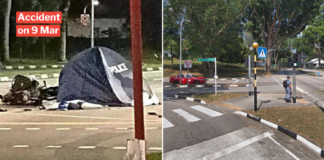Bombmaker In Deadly 2002 Bali Blasts Released From Prison On 7 Dec
Back in 2002, two deadly bombs ripped through a bar and a nightclub in tourist hotspot Bali, leaving 202 dead.
One of those responsible for the attack was Umar Patek, a member of an Al-Qaeda-affiliated group.
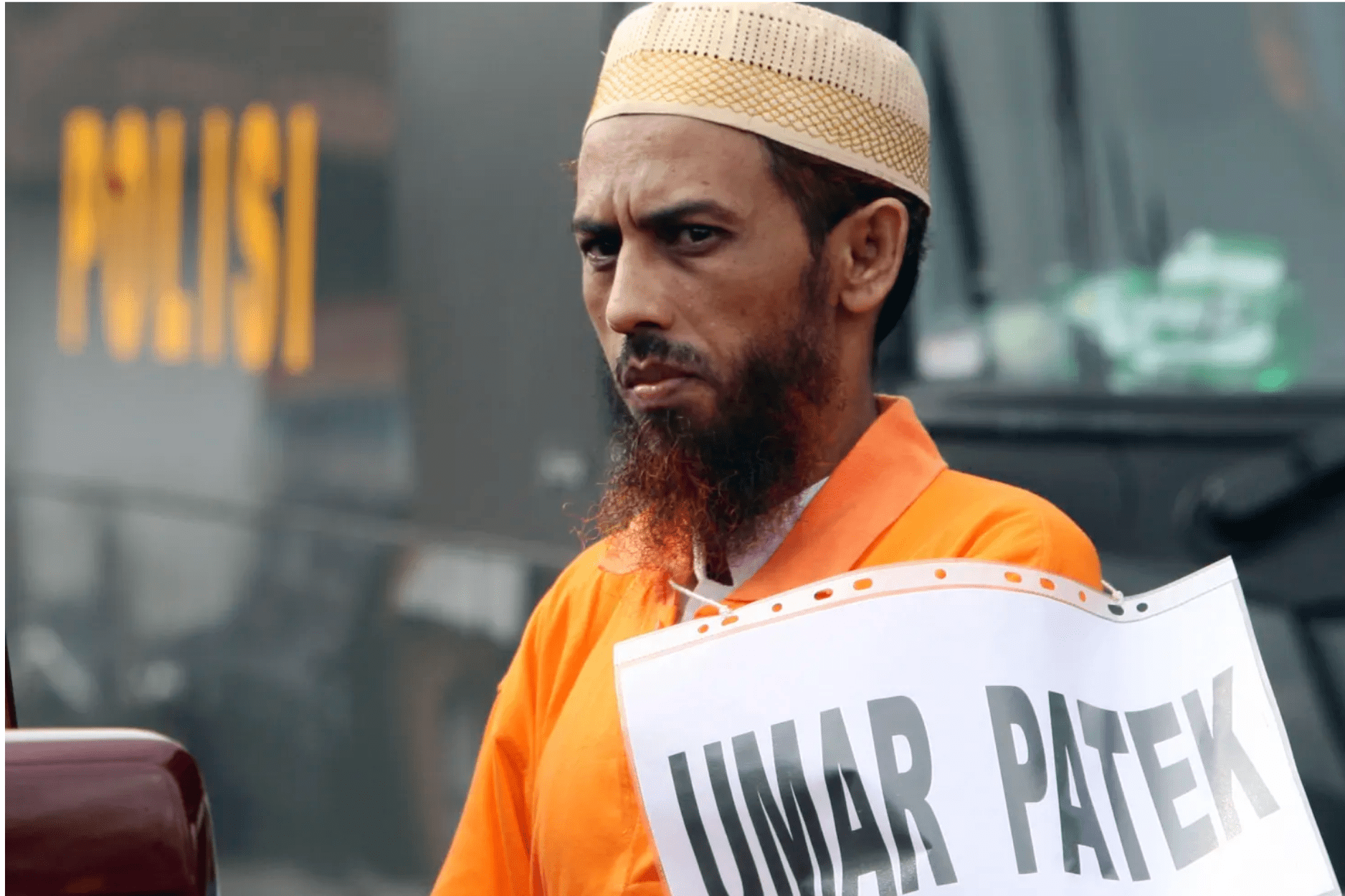
Source: The Sydney Morning Herald
In 2012, he was found guilty of making the bombs and was sentenced to 20 years’ jail.
But on Wednesday (7 Dec), Patek was released on parole after Indonesian authorities reduced his prison sentence, despite resistance from Australia.
This decision was met with anger, with the Australian government saying that many will be “deeply hurt” by his release.
Bali bombmaker ‘showed changes’ after deradicalisation
Patek was the bombmaker in the 2002 Bali blasts that took the lives of 202 people, including 88 Australians.
But the 55-year-old is now walking free after serving less than 12 years of his 20-year sentence.
The Guardian reports that Patek received a total of 33 months of sentence reductions.
On 17 Aug, he was given a five-month reduction.
This meant that he fulfilled the parole requirement of serving two-thirds of his current sentence.
According to The Sydney Morning Herald, the department in charge of prisons said he will remain on parole until 29 Apr 2030.
If Patek were to violate his parole within that period, his rights of parole will be revoked.
The department explained that Patek fulfilled a special condition by participating in a deradicalisation programme.
They believed he had “shown changes” after the programme. He had also reportedly “declared faithful to the unitary state of Indonesia”.
Australians ‘deeply hurt’ by Patek’s release
The anticipation of Patek’s release had been a subject of controversy. Experts warned that releasing Patek could boost his notoriety.
When Jakarta reduced his prison sentence earlier, Australian Prime Minister Anthony Albanese objected to it, describing Patek as “abhorrent”.
He said he had nothing but contempt and disgust for Patek’s actions, reported The Guardian.
Mr Albanese said Patek’s early release would only renew the victims’ families’ distress and trauma.
As news of his release broke, the Australian government said it would “deeply hurt” Australians.
The government sought assurances from Indonesia that Patek will be subject to “ongoing supervision and monitoring”.
A representative from the Australian Department of Foreign Affairs and Trade said their thoughts are with the victims and survivors of the Bali bombings, as well as their families.
The department had, on multiple occasions, shared concerns about Patek’s release with the Indonesian government.
Minister for Home Affairs Clare O’Neil said the Australian government has “put in the strongest possible terms our views about what has occurred”.
She added that it was a “horrible” day for families of the victims, emphasising that Patek’s actions were inexcusable.
Patek claims he was against bombings
Patek was finally caught in 2011 after almost a decade on the run after the Bali bombing.
During his trial, he admitted to helping to make the bombs. However, The Associated Press (AP) reports that he expressed remorse and claimed he did not know how they would be used.
He managed to avoid the death sentence by collaborating with the police and apologising to victims’ families.
In a recent video filmed in prison, Patek said it was a “mistake” to be involved in the attacks.
“When I found out about it I was so against it, I disagreed with it,” he said.
The 2002 bombings were the deadliest in Indonesian history and led to a crackdown on extremism in the country.
Have news you must share? Get in touch with us via email at news@mustsharenews.com.
Featured image adapted from The Sydney Morning Herald.

Drop us your email so you won't miss the latest news.
